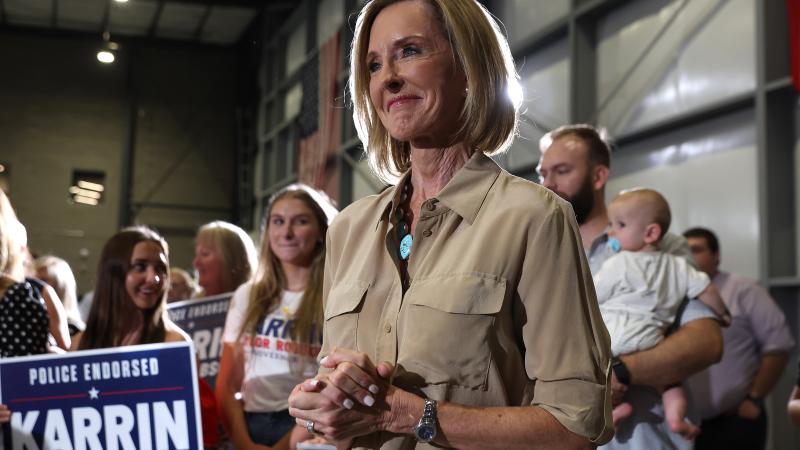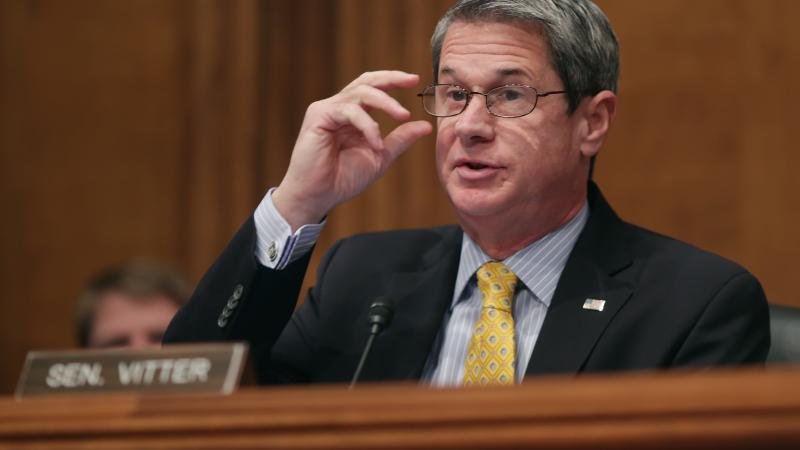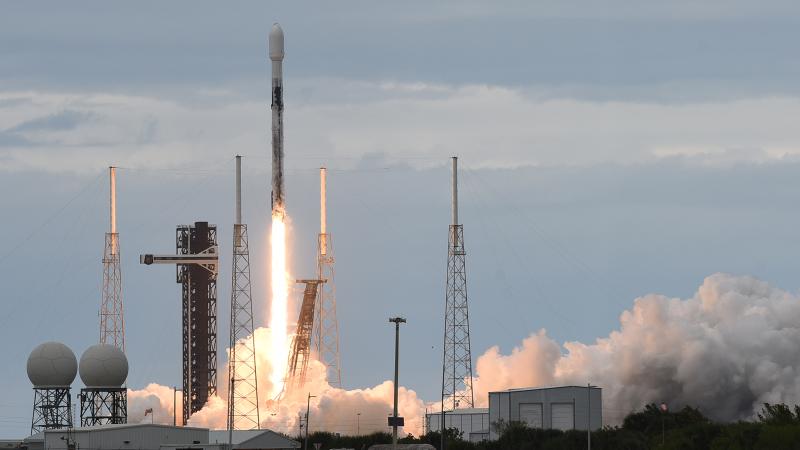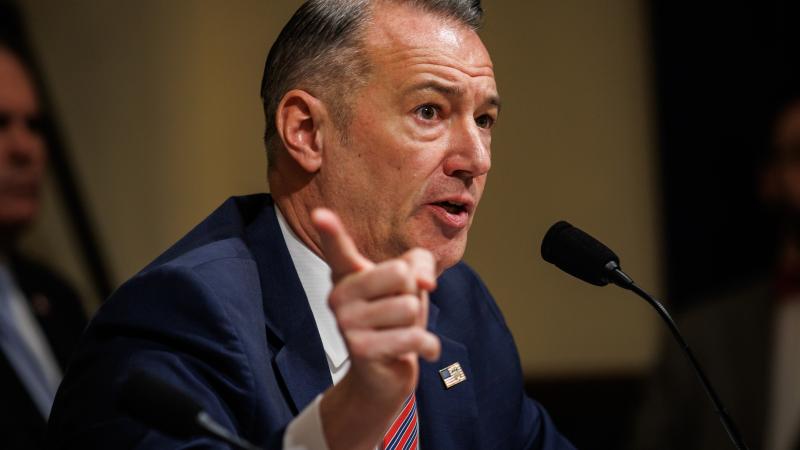Zuckerberg urged transparency in politics, but his election group’s spending remains shrouded
Center for Tech and Civic Life has refused several requests to show how much of its $350 million was spent in Democrat, GOP areas.
Under a microscope during a Senate hearing two years ago, Facebook founder Mark Zuckerberg insisted the key to detecting those trying to influence elections, including foreigners, was transparency.
"This is an area where I think more transparency will really help discourse overall and root out foreign interference in elections," Zuckerberg testified in August 2018, a pledge about Facebook political ads that he delivered by providing more information about the ads and their sponsors to users.
But Zuckerberg's own influence on the 2020 election — an unprecedented $350 million gambit to route money though the nonprofit Center for Tech and Civic Life to local election districts across the country — remains shrouded in secrecy because the group won't release the amounts and timing of its grants.
CTCL provided Just the News a link to a spreadsheet listing some 2,500 localities — scattered among red and blue states — that it granted money to in 2020 to help turn out voters during a pandemic. But CTCL refused repeated requests to provide the amounts and dates of grants to each district.
The latter data is necessary to calculate per capita spending in each community and determine whether the group has favored Democrats or Republicans with its grant making.
Early information obtained through open records requests and lawsuits has created concerns among conservative activists at least that CTCL used Zuckerberg's money to benefit big blue urban areas and to dictate voter turnout outcomes.
For instance, official government memos from Wisconsin show the city of Racine, a reliable Democrat-led enclave in an otherwise red-leaning county in southeastern Wisconsin, was given an initial $100,000 grant from CTCL to develop a COVID-voting plan for itself and four other communities.
The other communities are all Democrat stronghold cities in Wisconsin like Milwaukee, Madison, Green Bay, and Kenosha.
"$100,000.00 in planning grant funds from the Center for Tech and Civic Life (CTCL), a 501(c)(3) nonprofit organization, for planning safe and secure election administration in the City of Racine in 2020, and coordinating such planning with other cities in Wisconsin is approved," stated a June 2, 2020 memo from the city council to the Wisconsin legislature showing the city had won the grant from CTCL.
"Fiscal Note: $60,000.00 of these grant funds will be retained by the City of Racine and $10,000.00 will be distributed to each of the cities of Green Bay, Kenosha, Madison, and Milwaukee for this coordinated planning," the memo added.
All five cities targeted in that grant voted for Clinton in 2016 and Biden in 2020.
Likewise, documents produced by the city of Philadelphia under a federal court order show Pennsylvania's largest city secured more than $10 million from CTCL promising specific outcomes, including as many as 800 polling places and 800,000 ballots cast in the general election.
The number of promised polling places is more than four times the 190 polling places opened during the city's pandemic-affected primary earlier this year, and the promised turnout was estimated to be as many as 120,000 voters larger than the 2016 presidential election, which drew about 680,000 voters. About 80% of the vote went to Democrats in 2016 in the city.
"The Office of the City Commissioners understands CTCL's interest in maximizing the number of polling locations and will work to identify over 800 locations," the city's application to CTCL stated.
Zuckerberg announced several weeks ago he has donated $250 million to CTCL to help local governments across the country hold elections this fall in the midst of the pandemic. He then augmented that amount with another $100 million shortly before the election.
But the Thomas More Society and its lead counsel Phill Kline have filed lawsuits against several of the jurisdictions receiving CTCL grants, arguing the money is wrongly privatizing an election function that should be handled entirely by government.
When CTCL approved the grant and wired the money it made clear it had the right to rescind monies if the goals fell short.
"CTCL may discontinue, withhold part of, or request the return of all or part of any unspent Grant funds if it determines, that any of the above conditions have not been met," the approval letter states.
When Philly officials applied for the grant, they acknowledged the money would go beyond addressing COVID's impact on voting to include being "intentional and strategic in reaching our historically disenfranchised residents and communities, and above all ensure the right to vote in a diversity of communities throughout the city of Philadelphia."














